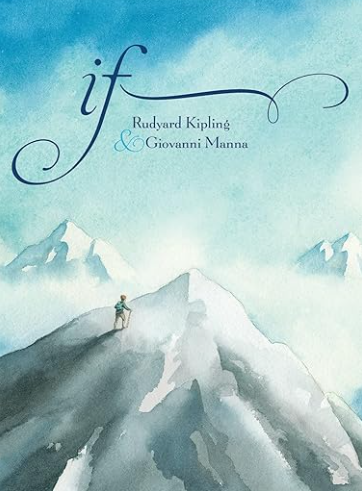If is a poem written by English journalist and novelist, Rudyard Kipling. The poem was originally published in 1910. If poem summary is divided into 32 lines and consist of four octets. If poem author, Rudyard Kipling was born in India which made huge impact on his work.
IF BY RUDYARD KIPLING

Summary of If By Rudyard Kipling
The story of poem begins with poet who says If you keep your head calm when people around you losing theirs and blaming it to you.
You should always trust yourself no matter what even if people around you are doubting you. But you should try to understand other people’s doubt and find the reason of why people are doubting you.
If you can wait and not be tired of waiting. Or being lied about you or lied to you, don’t be part of those lies and leave it as it is. If someone hates you, you shouldn’t give way to hating. And don’t look too good, nor talk too wise.
If you dream, you should not make your dreams your master. If you think, then you should not make your thoughts your aim. If you think so not just think but also take actions to complete your thoughts and goals.
If you meet with success and failure, you should treat these impostors with same mindset. There should be no difference for you in these two impostors.
If you can watch the things you give your life get broken, you can stoop and build them up again with worn out tools.
If you can make heap of all your achievements, and risk it on one turn of pitch and toss, and fail but start again from beginnings, and never say a word about your failure. You should just keep moving forward with learning from your failure. You should learn and walk.
If you can force your heart, your nerve, your sinew to serve you for long turn even if there are no strength in them. Except for the will in you which says to your nerve, heart and sinew: Hold on.
If you can talk with crowds and does not lose your good qualities. Or if you walk with kings but does not lose your simplicity. If neither your enemy nor your loving friends can hurt you. You can be friends with anyone but not too much.
You should never waste your time as it is very precious, precious then money. Money can come and go in life but time does not so use it to create something valuable in life. Do not waste your life in doing nothing.
At the end of poem, author says Earth is yours my friend and everything in it is also yours. And you know which is more, that you will become a man one day, my son. If you read this poem thoroughly, then you will learn the true value of this poem as it symbolize deep meanings of life.